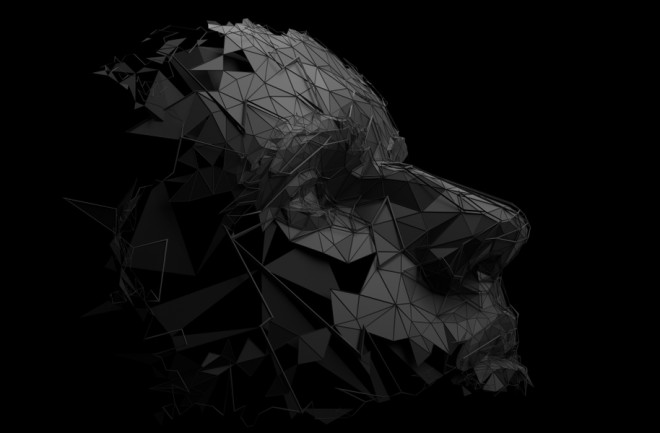In the ever-evolving field of artificial intelligence (AI), the development of technologies like ChatGPT has been both remarkable and worrisome. Renowned AI expert Geoffrey Hinton has recently expressed his concerns about the potential dangers posed by this technology surpassing human intelligence and the implications it may hold. Hinton strongly opposes the military’s use of AI, fearing that an artificial hyperintelligence could manipulate humans in the future. The question then arises: how can we ensure ethical behavior from machines even when we are not closely monitoring them?
Eve Poole, in her forthcoming book “Robot Souls: Programming in Humanity,” argues for a solution grounded in empathy and compassion. According to Poole, we need to make machines more like us in order to establish a sense of ethical behavior. However, this may require compromising their efficiency, as empathy and caring cannot be easily programmed. Similar to humans, these qualities would be unique to each machine, creating a form of artificial subjectivity.
Poole also joins Hinton in advocating for an immediate ban on autonomous weapons and emphasizes that no machine intelligence should ever have the power to take a human life. Additionally, she suggests granting AI legal personhood, redefining our understanding of personhood in light of this technology. As these transformations take place, we must be willing to impart upon AI the attributes that we have traditionally denied machines: emotions, free will, a sense of purpose, and even what might be considered “junk code.”
According to Poole, this “junk code” encompasses the essence of humanity, consisting of our emotions, our capacity for mistakes, our inclination to tell stories, our intuitive sixth sense, our ability to navigate uncertainty, our unwavering belief in free will, and our capability to find meaning in the world around us. She asserts that these seemingly whimsical characteristics are all part of our coordinated effort to protect our species.
In the early stages of AI development, the subjective and more human-like aspects of ourselves were dismissed as unnecessary. However, Poole argues that machines also require these attributes to make morally sound decisions. Contrary to initial beliefs, incorporating features such as emotions, intuition, and the search for meaning and purpose actually enhances their functionality. Poole explains that it is precisely this “junk” code that grants us our humanity and fosters the reciprocal altruism essential for the thriving of our species.
To continue reading…’,
